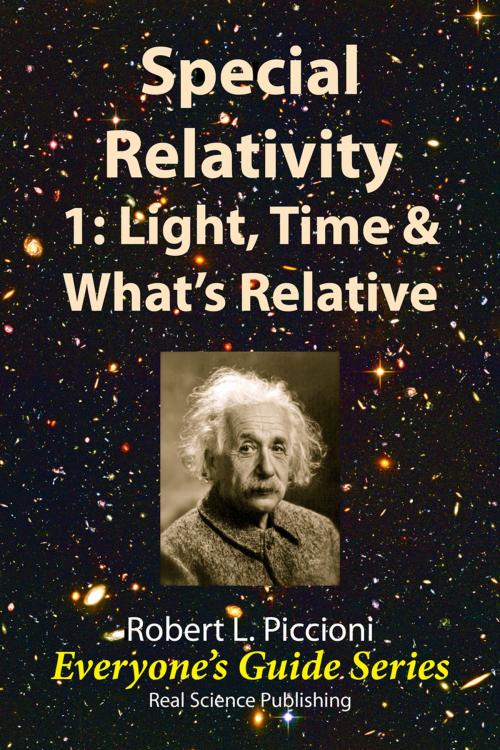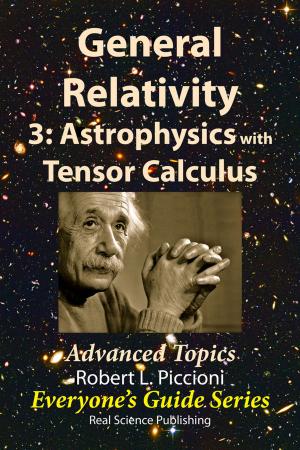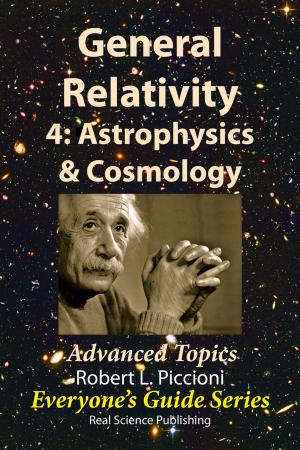Special Relativity 1: Light, Time & What's Relative
Nonfiction, Science & Nature, Science, Physics, Relativity| Author: | Robert Piccioni | ISBN: | 1230000146726 |
| Publisher: | Real Science Publishing | Publication: | June 30, 2013 |
| Imprint: | Language: | English |
| Author: | Robert Piccioni |
| ISBN: | 1230000146726 |
| Publisher: | Real Science Publishing |
| Publication: | June 30, 2013 |
| Imprint: | |
| Language: | English |
Relativity and Quantum Mechanics are the two major pillars of 20th century physics, which together revolutionized our understanding of nature, utterly dismantling Newtonian physics that had been the gold standard of science for over 200 years, and introducing radically new concepts that defy human intuition. These theories may represent the greatest upheaval in the history of science.
This book is the first of several in the Everyone’s Guide Series devoted to Special Relativity.
We will discuss here: the Principle of Relativity, which you may be surprised to learn is not due to Einstein; the remarkable nature of light, which has a unique and critical role in our universe; Einstein’s motivations for the Special Theory; what is relative and what isn’t; and finally, a careful look at why time is relative, different for different observers, and why the question: “What time is it?” cannot be answered generally
Relativity and Quantum Mechanics are the two major pillars of 20th century physics, which together revolutionized our understanding of nature, utterly dismantling Newtonian physics that had been the gold standard of science for over 200 years, and introducing radically new concepts that defy human intuition. These theories may represent the greatest upheaval in the history of science.
This book is the first of several in the Everyone’s Guide Series devoted to Special Relativity.
We will discuss here: the Principle of Relativity, which you may be surprised to learn is not due to Einstein; the remarkable nature of light, which has a unique and critical role in our universe; Einstein’s motivations for the Special Theory; what is relative and what isn’t; and finally, a careful look at why time is relative, different for different observers, and why the question: “What time is it?” cannot be answered generally















